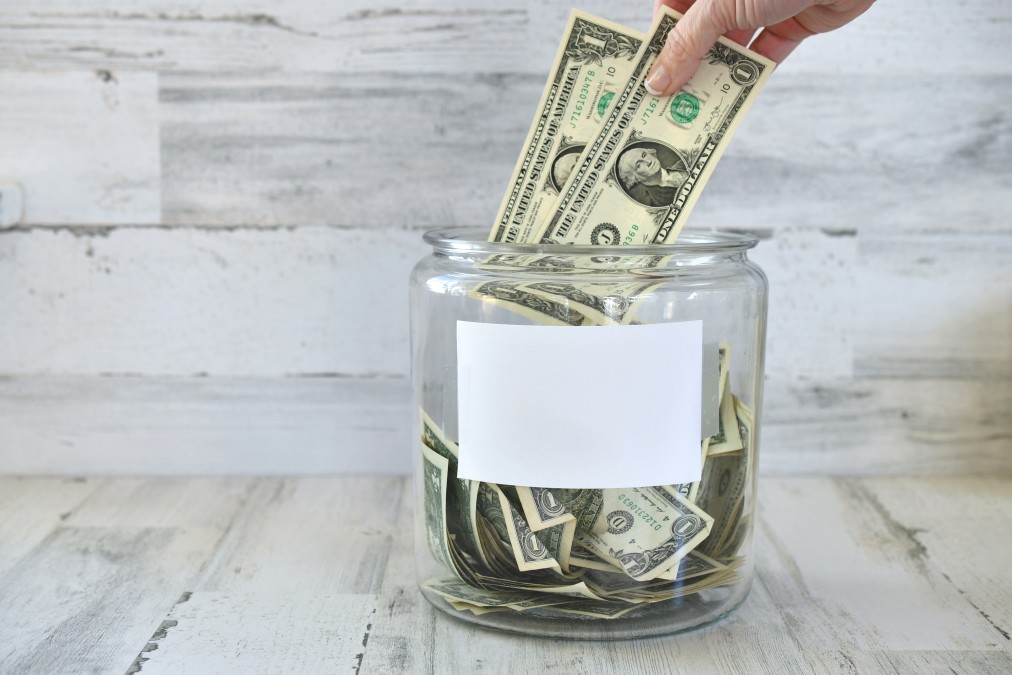That’s about 10 percent of the total money spent.
The amount of money governments gave out to people and businesses during the Covid-19 pandemic was staggering. The UK government, for example, spent an estimated £169 billion on coronavirus relief funds between the Spring of 2020 and the Autumn of 2021. To put that number in perspective, that’s a little bit more than it was spending on its largest budget item - the NHS - in the 2019/20 financial year. Unfortunately, it seems that the amount of that money that ended up in the wrong hands is also staggering. The government's own reports reckon that at least £16 billion of its relief money - a tenth of the total - was lost to fraud and error. Similar stories are playing out across the world, including in the EU and the USA.
Obviously this isn’t great. Governments get the majority of their money from taxes, which are predominantly paid by the people and businesses that reside in their country. People dislike having their money given to crooks at the best of times. And these are far from the best of times: many folks have had - or are about to have - their finances whalloped. The consumer price index, which measures how much higher prices are compared to a year ago, has been rapidly increasing. It went from 1.5 percent in April 2021 to 9 percent in April 2022. Some particularly important items are increasing in cost more rapidly still: UK households are expected to have to fork out an extra £800 a year for their energy bills by October. That’s a 29 percent increase.
The issue with all the Covid fraud isn’t just that taxpayer funds have been spent on it. It’s also that fraudsters may have blocked those who were genuinely in need from receiving the money, either passively (by tying up resources) or actively (via identity fraud scams). Additionally, some people are worried that news of the fraud could dampen public or government support for future welfare programmes. While it’s not a perfect analogy, reports have indicated that people donate less overall after hearing of specific charity scandals.
The UK government is now setting up an economic crime task force to identify wrongdoers and reclaim their ill-gotten gains. But few people expect the bulk of the cash to ever be recovered. For some people, however, the lost money was still a price worth paying. Here’s why. The government tools used to combat Covid - lockdowns, curfews, group limits etc. - come with the nasty side effect of inducing a huge economic shock. Cutting off large chunks of economic activity really suddenly and at a huge scale like that leads to all sorts of bad things; businesses collapsing, job losses, people unable to pay their bills, etc. The Covid relief funds were designed to stop those things from happening, but in order to work they also had to be deployed hastily and at scale. And as the business saying goes, you might want to build something well, quickly and cheaply, but you can only pick two. So basically the argument is that the benefits countries like the UK received from rushing out these programs was worth the inevitable downside of increased fraud.
Red our explainer on: government budgets

